Source: www.iranwire.com
By ARASH AZIZI
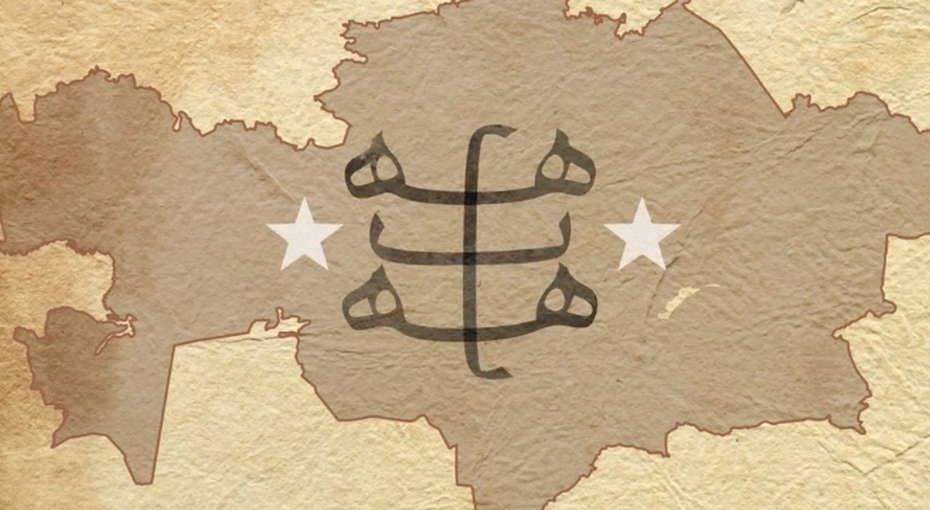
The small village of Daga is located a remote corner of Papua New Guinea, a country known for its small, isolated and diverse communities. But geographical isolation doesn’t mean the people of Daga are cut off from the rest of the world. This weekend, more than 4,000 of them will be attending an event to celebrate the anniversary of the birth a man who was born in 1817 thousands of miles away in Tehran, Iran. To print and copy the invitations for the ceremony, a group of friends had to carry a photocopier over mountains and through jungles.
And the people of Daga are not alone. This weekend, millions of people around the world will join in celebrating the bicentenary of the birth of Baha’u’llah, an Iranian prophet who founded the Bahai faith. Baha’u’llah endured oppression in and exile from his native Iran, and died while in captivity in the prison of Acre, which was then part of Ottoman Empire’s Beirut province (now part of Israel.) But today, the religion he founded has millions of followers; some sources report it to be the second most-spread faith in the world.
Baha’is celebrate the birthday of Baha’u’llah together with that of an earlier prophetic figure, Bab, who was born a day earlier, in 1819, and who counted Baha’u’llah as one of his followers. Millions will celebrate the Twin Holy Days, which will be commemorated according to the Baha’i calendar from the first sunset on October 20 in the Pacific region to the last seconds of October 22 in the Americas. From 900 people marching in the streets of Lubumbashi in the Democratic Republic of Congo to a youth group organizing celebrations at their school in El Chamizo, Colombia to a procession of Baha’is visiting and praying at sacred sites in Japan, the celebrations of a prophet who emphasized universality, education and justice will be truly global.
In Iran, where the faith started, Baha’is remain under heavy persecution. With more than 300,000 followers, they are the country’s largest religious minority. The Iranian state denies Baha’is university education and the country’s Supreme Leader, Ayatollah Khamenei, has publicly called for their social isolation. Khamenei has also approved a secret document that calls for the Iranian state to combat Baha’i presence abroad. But this weekend’s bicentennial celebrations are a reminder that around the world, Baha’is are accepted and celebrated as an integral part of the societies in which they live.
Heads of states and governments from around the world have issued messages marking the occasion.
The United Kingdom’s Prime Minister Theresa May lauded the Baha’is as “an important part of British society” and spoke of Baha’u’llah’s “teachings and his compassions [continuing] to inspire people around the world,” adding: “We can all learn from his generosity and wisdom.”
In the US, African-American Baha’is were at the forefront of religious integration, and the first black man to lead an integrated American congregation was a Baha’i. To mark the bicentenary, former president Jimmy Carter celebrated “the centrality of peace, human equality and religious unity found in the Baha’i writings.” The writings can serve those struggling with “systemic injustice against African Americans and Indigenous Nations,” Carter said.
India’s Prime Minister Narendra Modi also sent a message to the Baha’i community of India — the biggest Baha’i community in the world and known worldwide for the astonishing Lotus Temple in New Delhi (which serves as a continental house of worship for Baha’is of Asia). Modi praised the Baha’is’ “message of love and respect” and its “spirit of fellowship and universal brotherhood.”
The prime ministers of both Australia and New Zealand published messages to celebrate the bicentennial, as did numerous regional and local leaders, showing just how far-reaching the Baha’is’ impact has been. Mark McGowan, the premier of Western Australia, for instance, praised the Baha’i contributions to his state. The Labour Party leader Bill Shorten said the Baha’is had shown that “in multicultural Australia, our diverse communities truly are greater than the sum of our parts.”
The presidents of Austria and Germany, prime ministers of Sri Lanka and Singapore, the heads of state and government of Samoa (which used to have a Baha’i monarch), Nepal’s deputy prime minister, the State Secretariat of Religious Affairs in Romania, a number of officials in Argentina, and Vietnam’s high officials, among others, all sent messages of celebration. The Netherlands’ national postal service issued limited edition stamps designed for the bicentenary. The stamps feature the calligraphy of Meshkin Qalam, recognized as one of the 19 apostles of the Baha’i faith, and also one of the leading calligraphers of 19th century Persia. For many Baha’is, the video message from Reza Moridi, a minister in Canada’s central province of Ontario, must have been especially well received. Although he delivered his message in English, Moridi is an Iranian-Canadian who was born and bred in Iran, the land of Baha’u’llah.
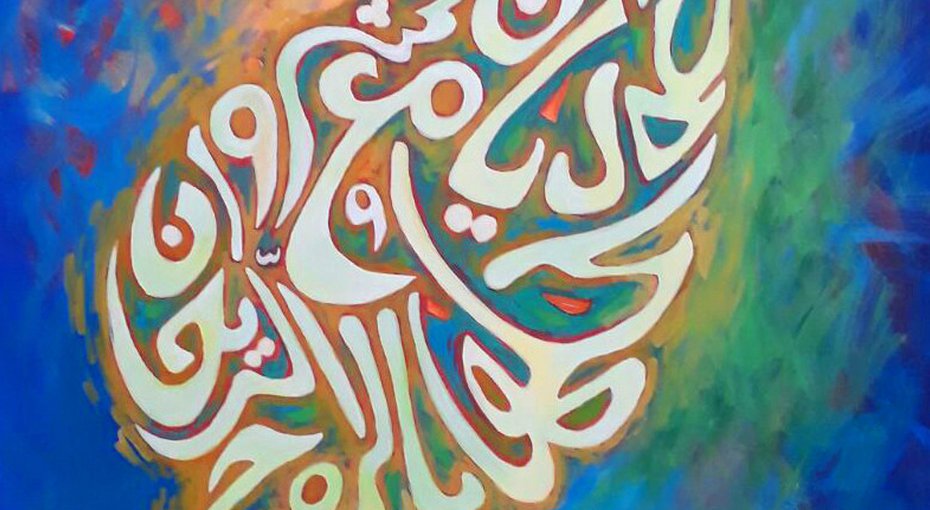
Baha’is in the Muslim World
One striking feature of the global bicentennial celebrations is the official messages of support coming from the Muslim world. Baha’is have often faced prejudice and discrimination in Muslim-majority countries. Egyptian authorities often harass Baha’is, Brunei has banned the faith, a court in Afghanistan declared the faith to be blasphemous in 2007, Iraqi prohibition of the faith goes back to the Baathist times, Kuwait doesn’t allow construction of Baha’i places of worship, and the United Arab Emirates blocks internet access to several Baha’i websites. However, the Baha’is have close allies among Muslims too, including the Muslim Network for Baha’i Rights, a group of Muslim activists in the Middle East who struggle for the recognition of Baha’i rights.
In fact, there is an increasing number of Muslim countries that welcome and celebrate Baha’is. Bangladesh’s minister of cultural affairs issued a statement on the bicentennial and praised the “pivotal aim of the Baha’i faith being unity and fellowship amongst the diversified races and peoples of earth,” calling it a “welcome principle.” In Malaysia, a government minister praised the Baha’i community as an “active promoter of inter-faith dialogue and also a genuine protagonist of unity and harmony among the multi-ethnic and multi-religious population of the country.” He went on to praise Baha’u’llah’s “teachings on the oneness of the world and humanity” and quote the faith founder’s well-known phrase: “The earth is but one country and mankind its citizens.”
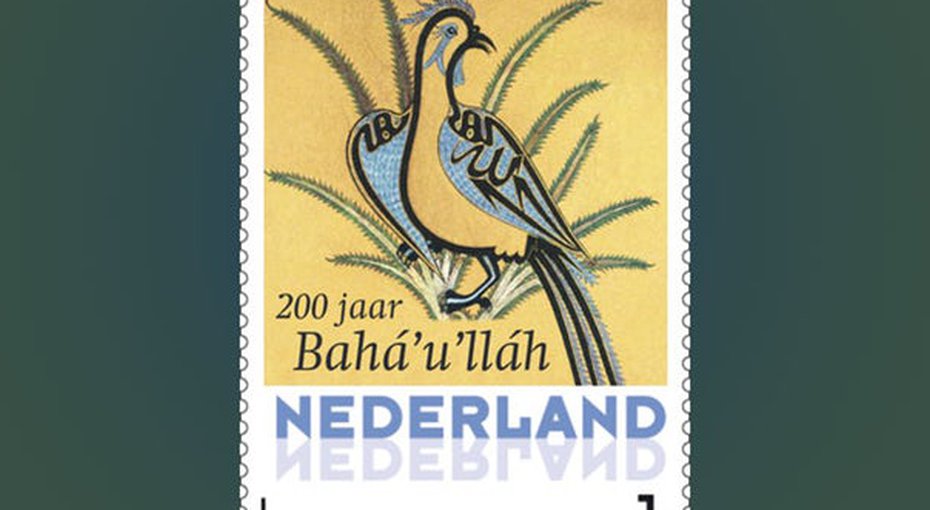
In Kazakhstan, Berik Aryn, the deputy minister for religious affairs and civil society, wrote Baha’is a letter praising the “spiritual service” of the Baha’is in the country.
In Pakistan, a country not well known for religious freedom and where Baha’is have faced discrimination, including not being able to freely build their houses of worship, an Islamist MP, Assiya Nasir from the Assembly of Muslim Clerics — Fazal (known by its Urdu acronym JUIF), hosted a gathering last month to honor the bicentenary. Pakistan’s federal minister of religious affairs and interfaith harmony sent a message in August to emphasize that “peace and unity are the pivotal teachings of the Baha’i faith” and that the Baha’i community of Pakistan is “a peace-loving community.” Nasir had previously criticized restrictions on non-Muslims in Pakistan (for example, a ban on non-Muslims being eligible to be elected as prime minister or president).
This recognition by world leaders shows that it the Baha’i faith has found its place — in every corner of the globe.
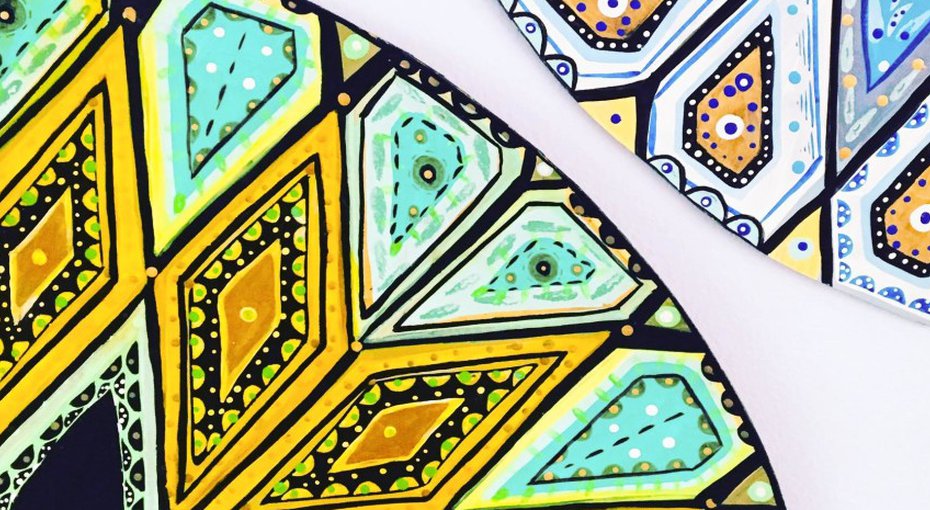
I am reminded of an encounter I had with an elderly South African Baha’i in his house in Soweto, the suburb of Johannesburg famed for its heroic struggles against the Apartheid regime. On his wall, he had hung a map that showed my hometown of Tehran, the same place where Baha’u’llah was born, and the path that he traveled in the region as he was driven into exile. This man had lived to see Apartheid crumble, but he had another wish that was yet to be fulfilled: to go on a pilgrimage to Baha’i sites in Iran and Iraq. As the world celebrates Baha’u’llah’s birth, I wonder when his —our — own hometown will join in the chorus. Can you imagine a mayor of Tehran standing in front of the house in which Baha’u’llah was born and celebrating his memory as a historical figure whose teachings have spread around the globe? Can you picture a senior Iranian official commemorating the founder of a global faith whose major writings are in our mother tongue of Persian? One can dream and hope.
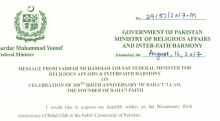
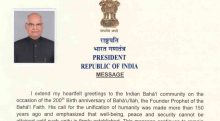
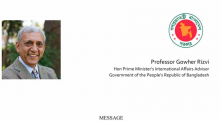
October 24, 2017 7:13 pm
I pray from the bottom of my heart that persecution against the Baha’i community ends in Persia and in other Muslim countries.The Baha’is are a peace loving people .